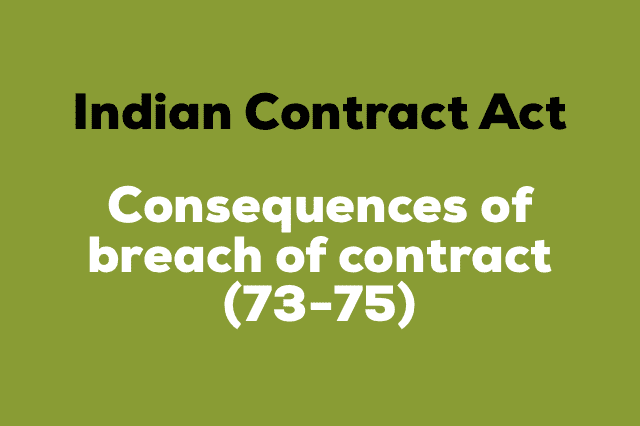PREAMBLE (1-2) – Indian Contract Act, 1872
1. Short title.
This Act may be called be the Indian Contract Act, 1872.
Extent, commencement- It extends to the whole of except the State of Jammu and Kashmir; and it shall come into force on the first day of September, 1872.
Enactment repealed:
Saving- Nothing herein contained shall affect the provisionsKEEP READING

















